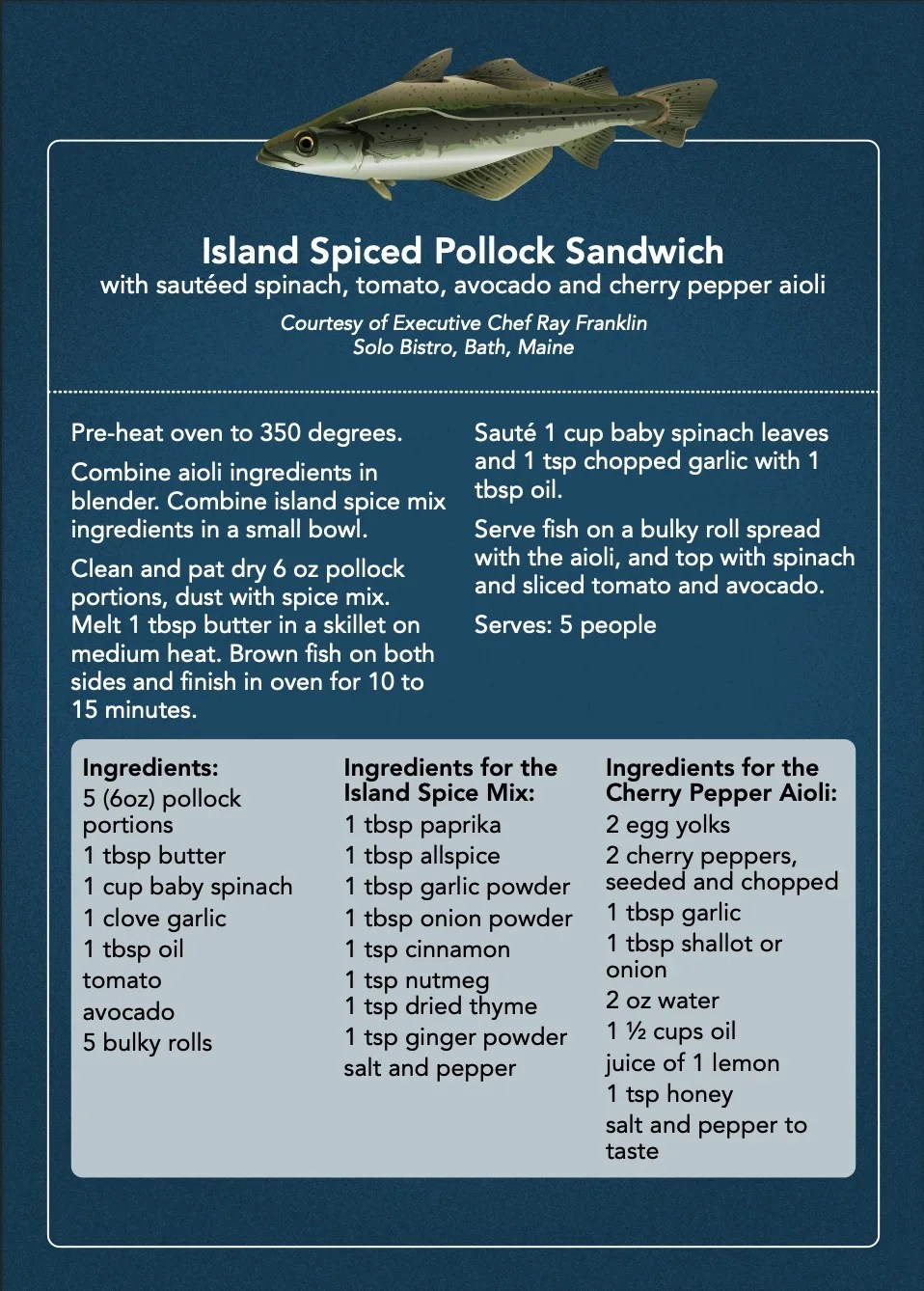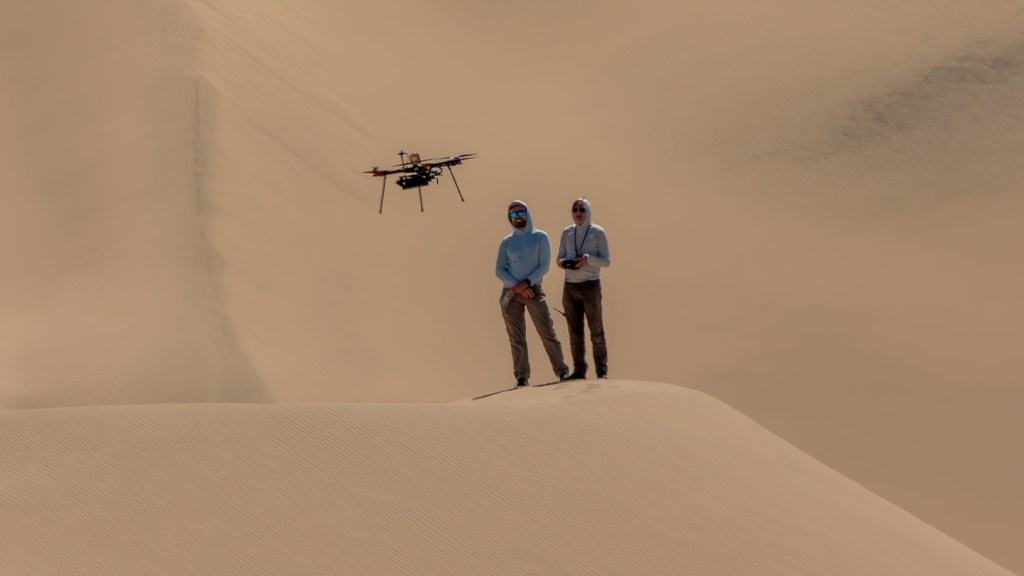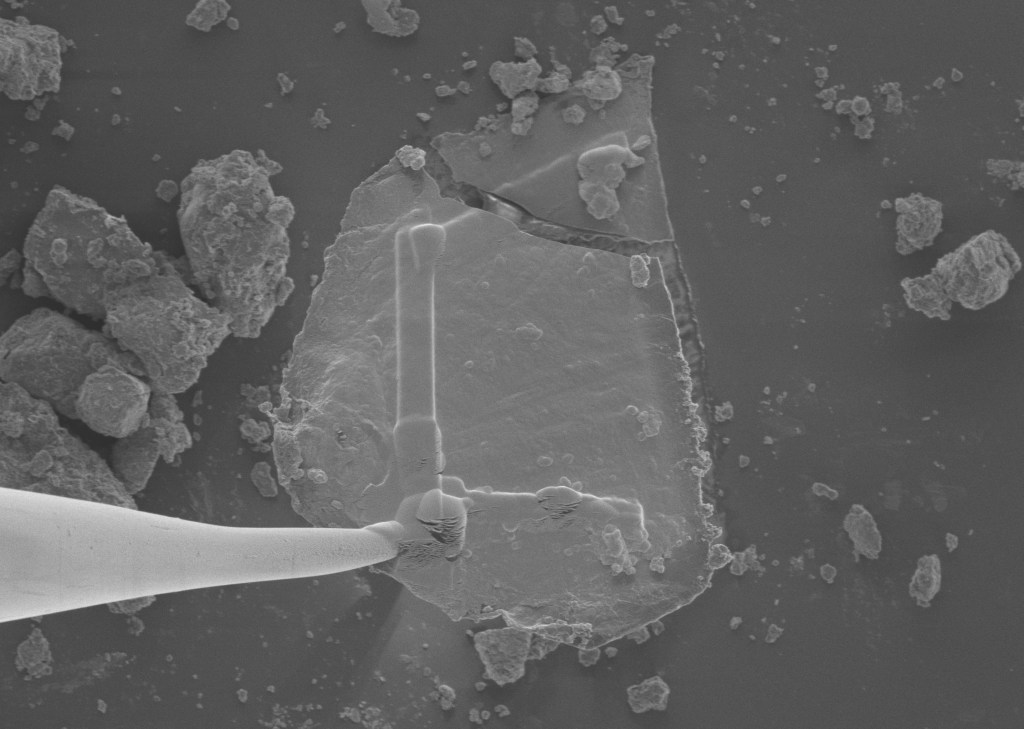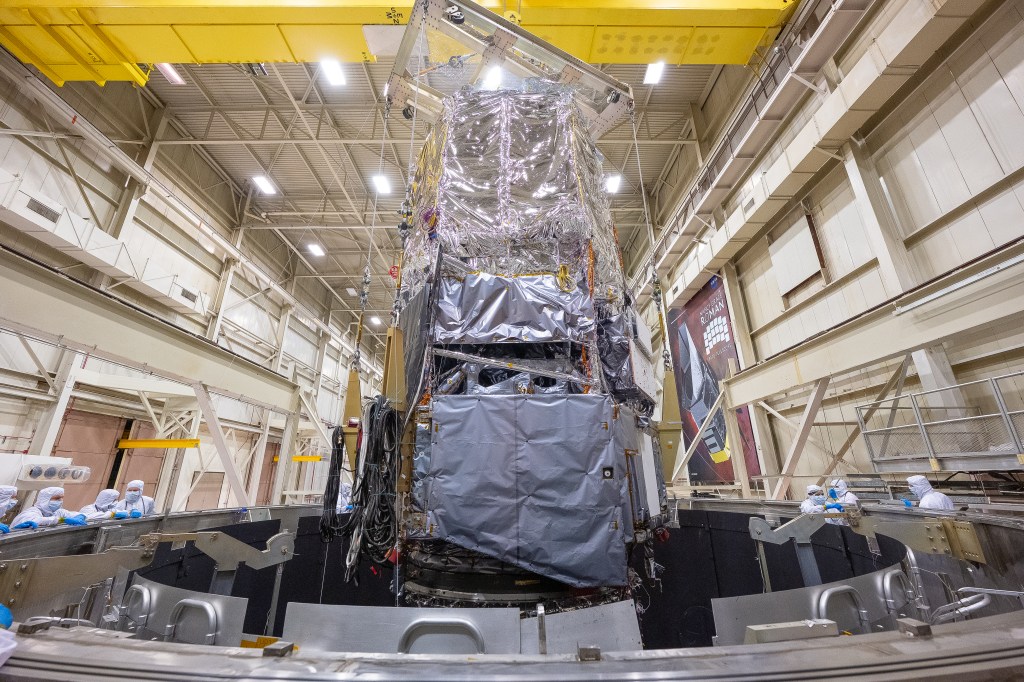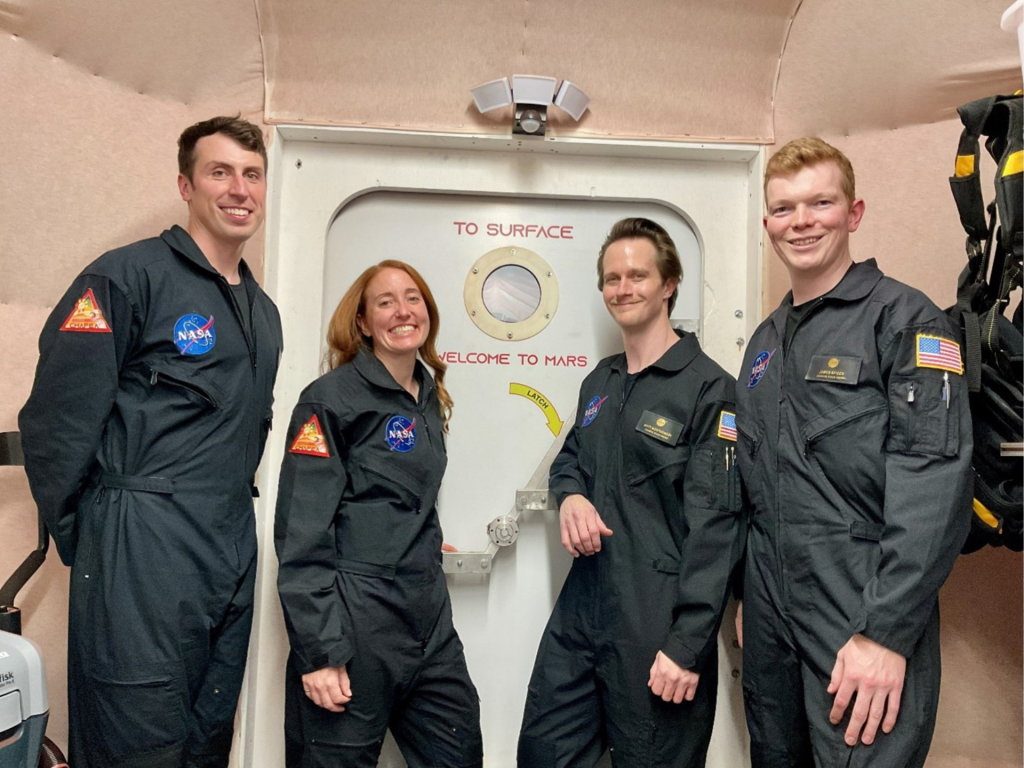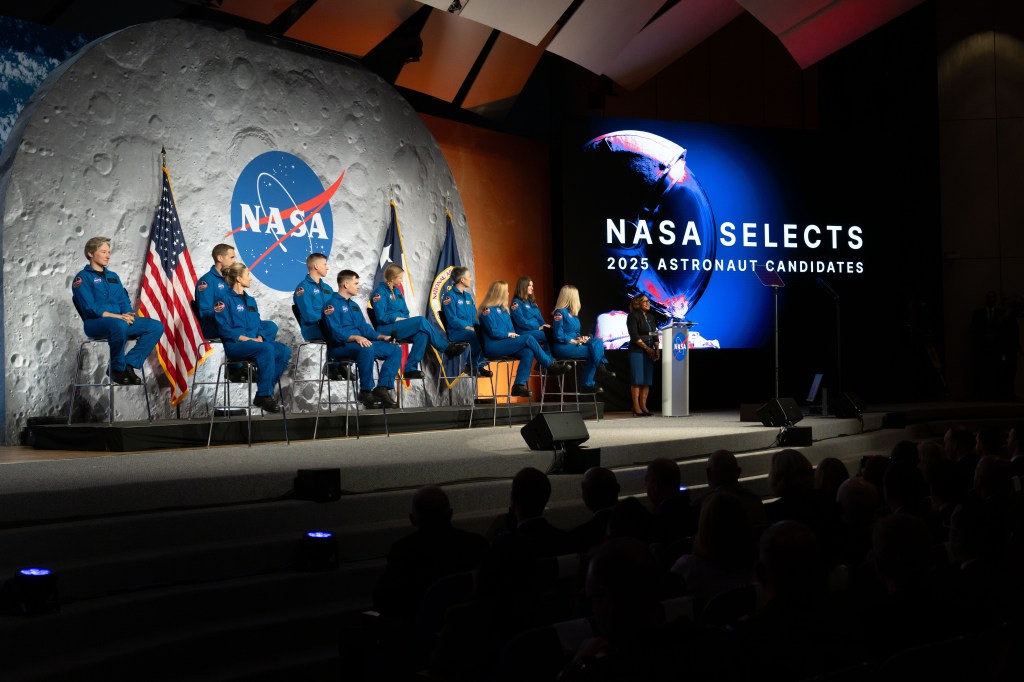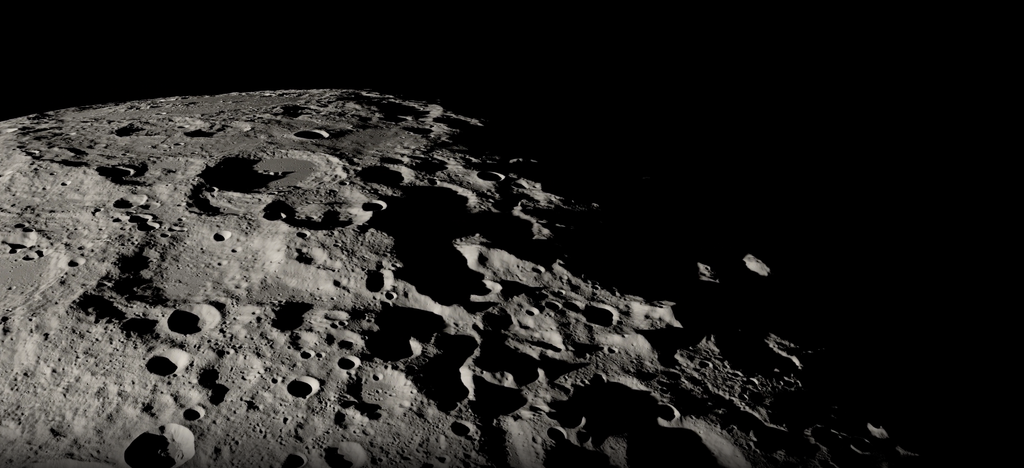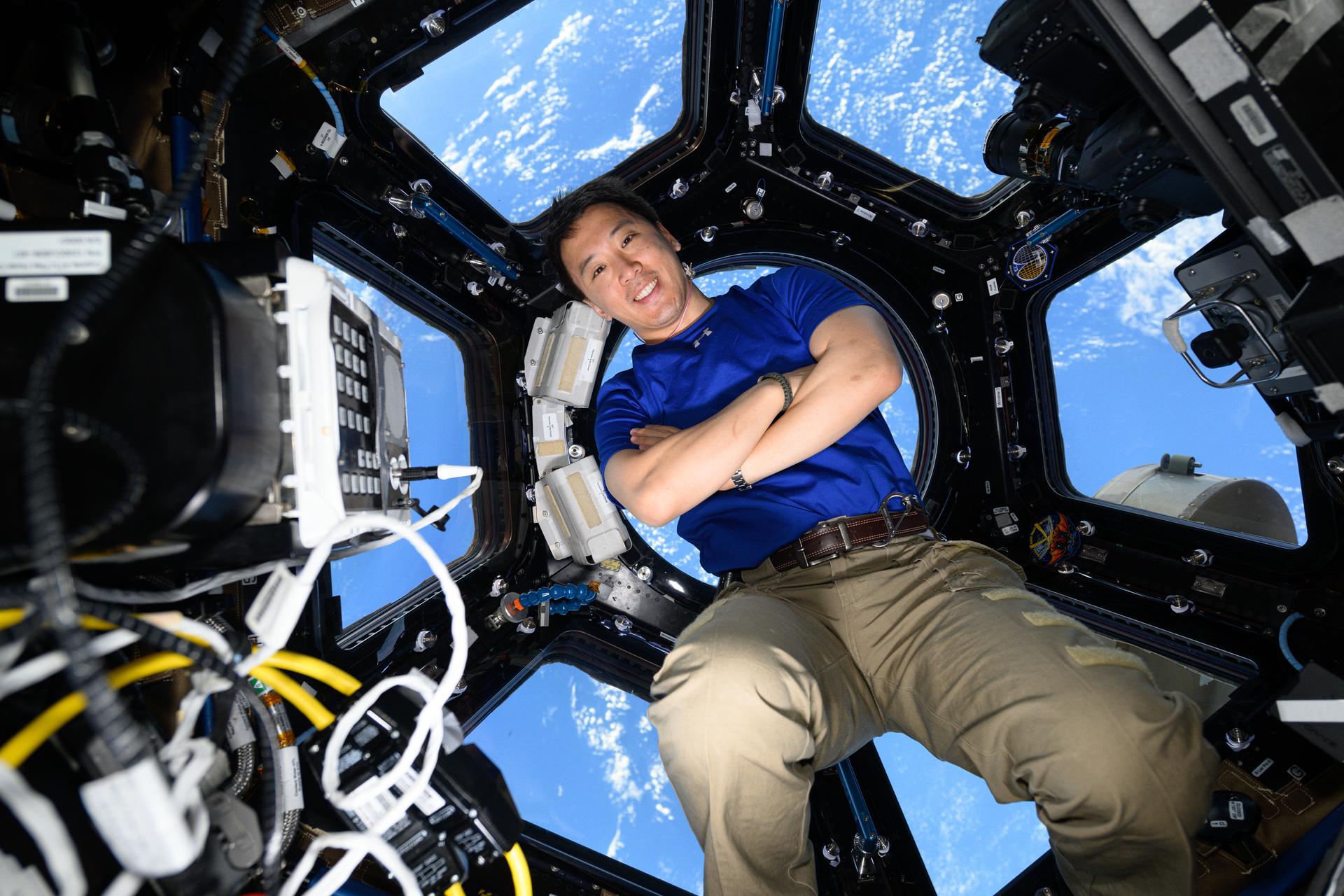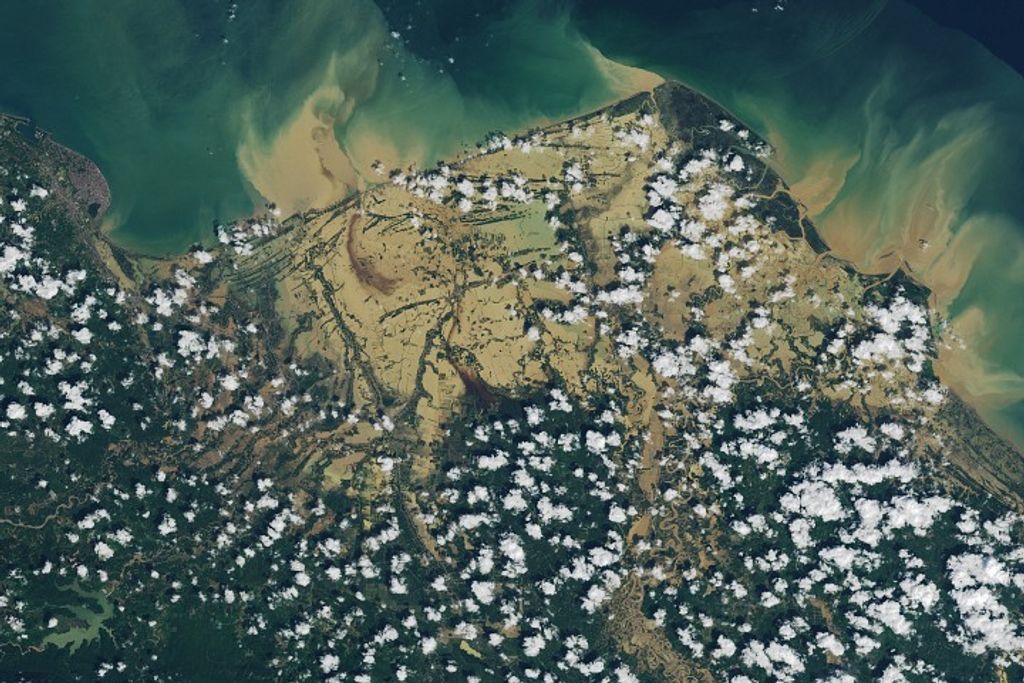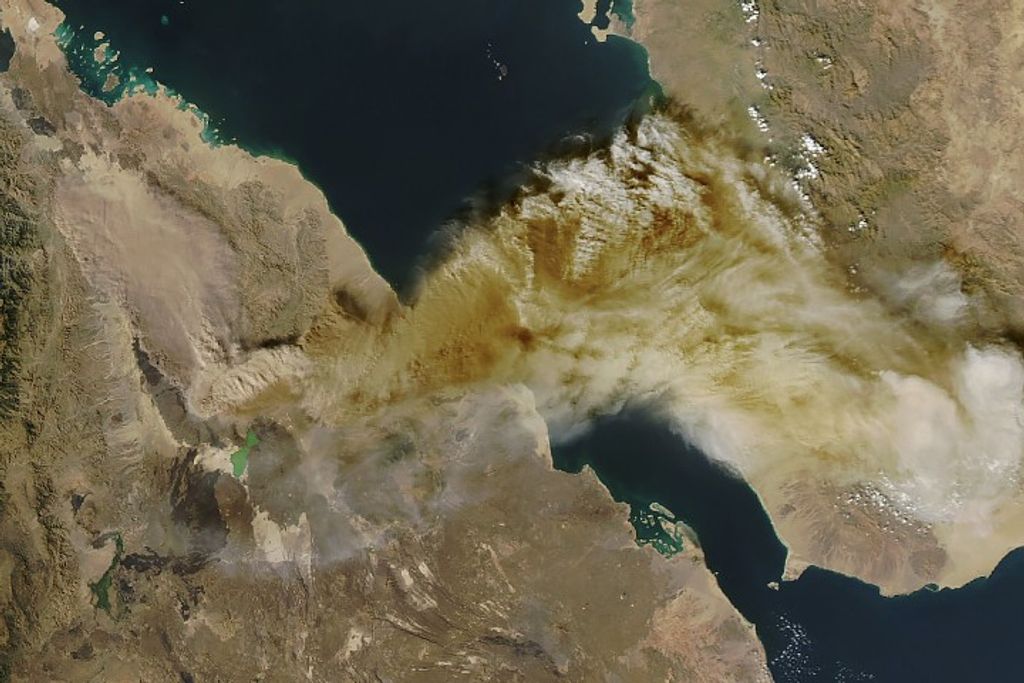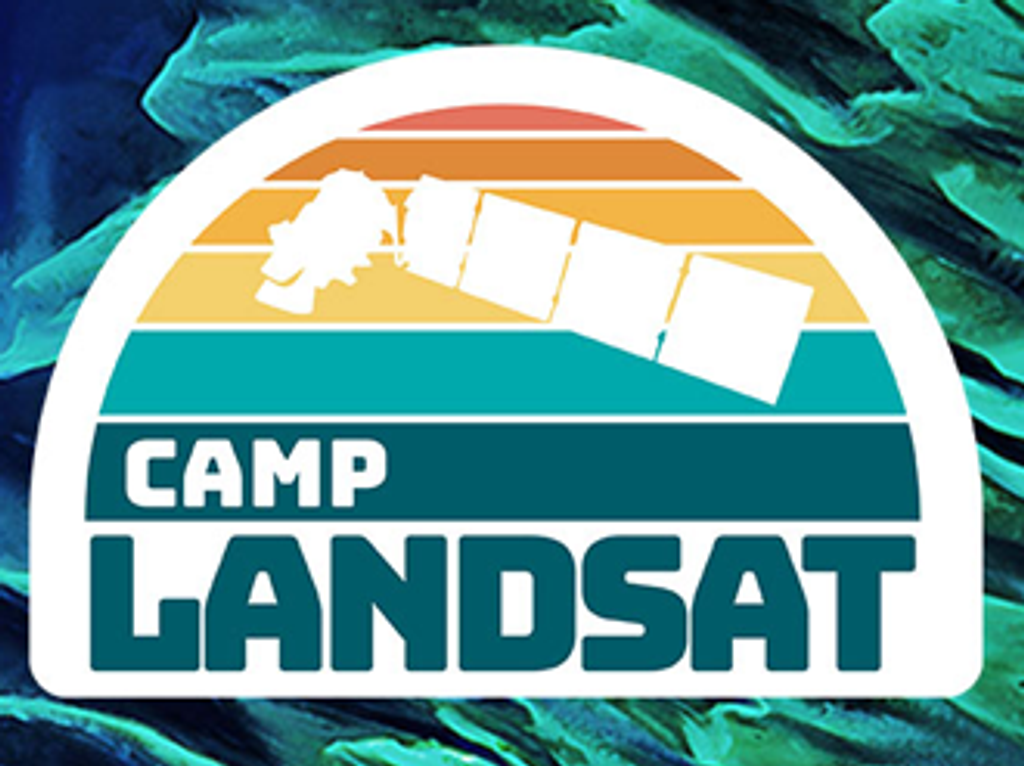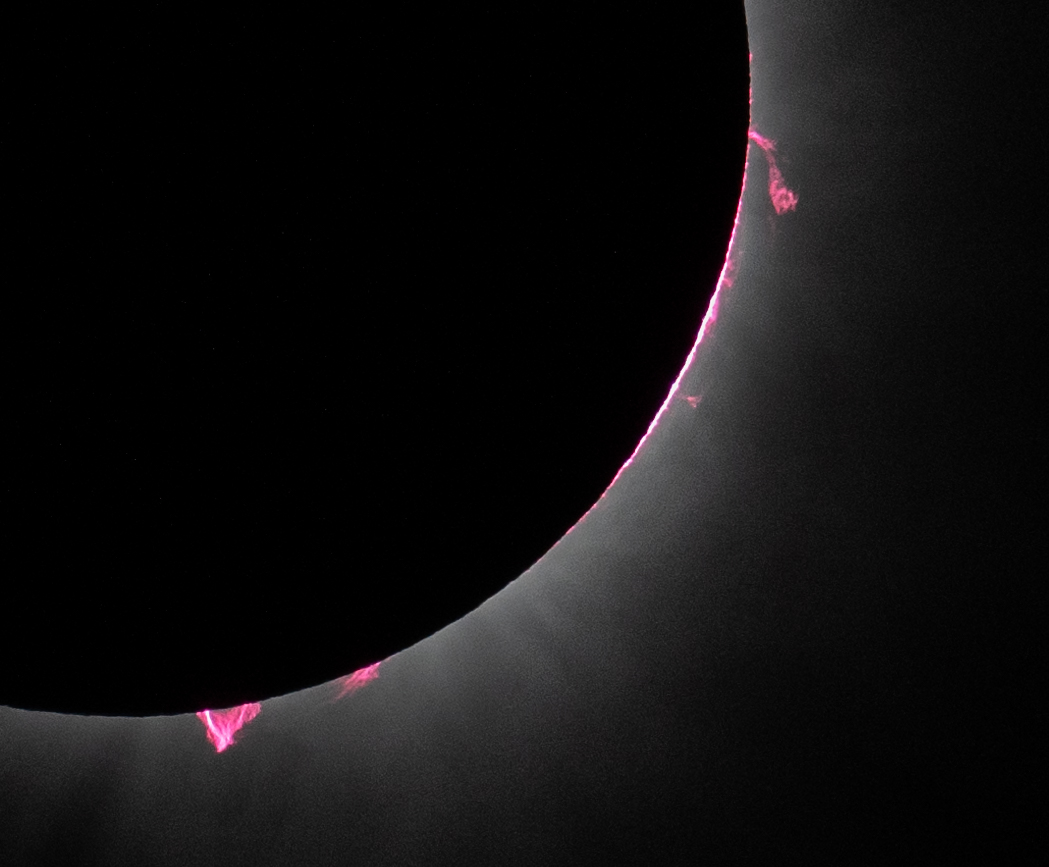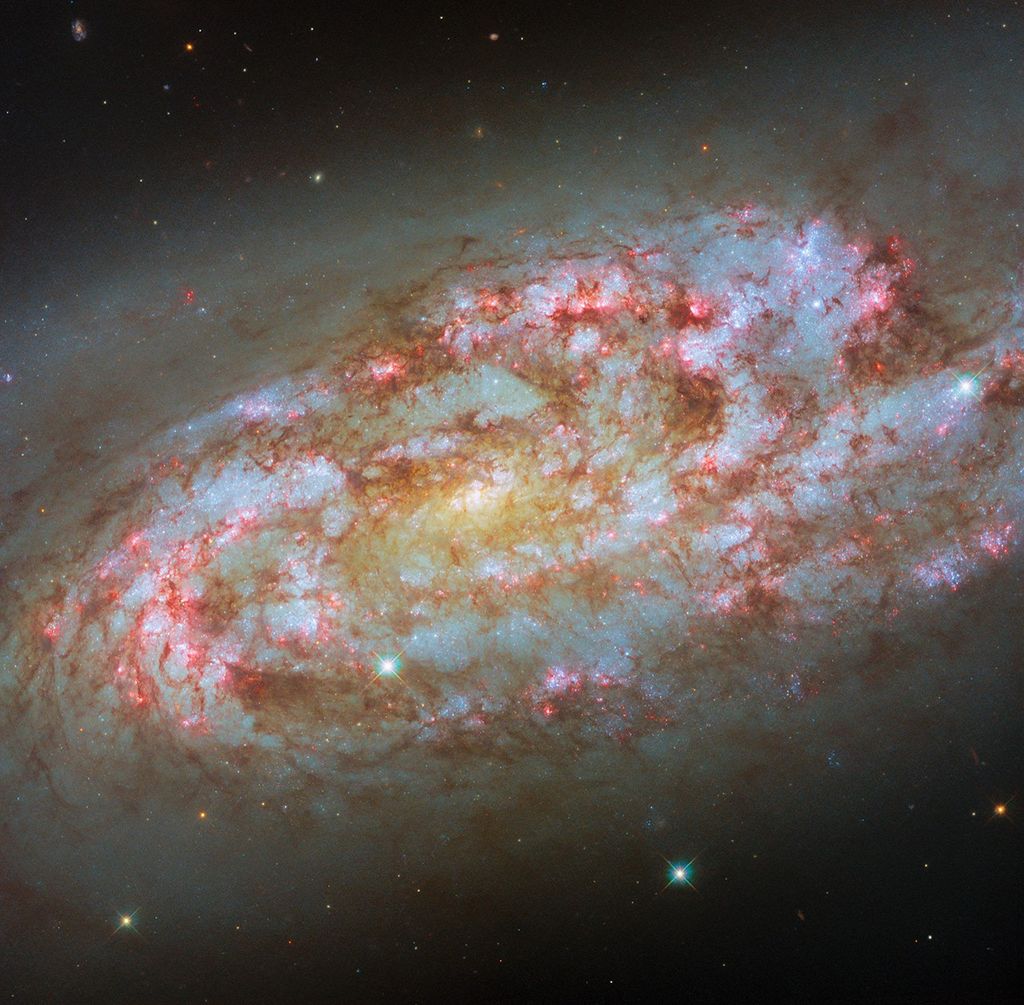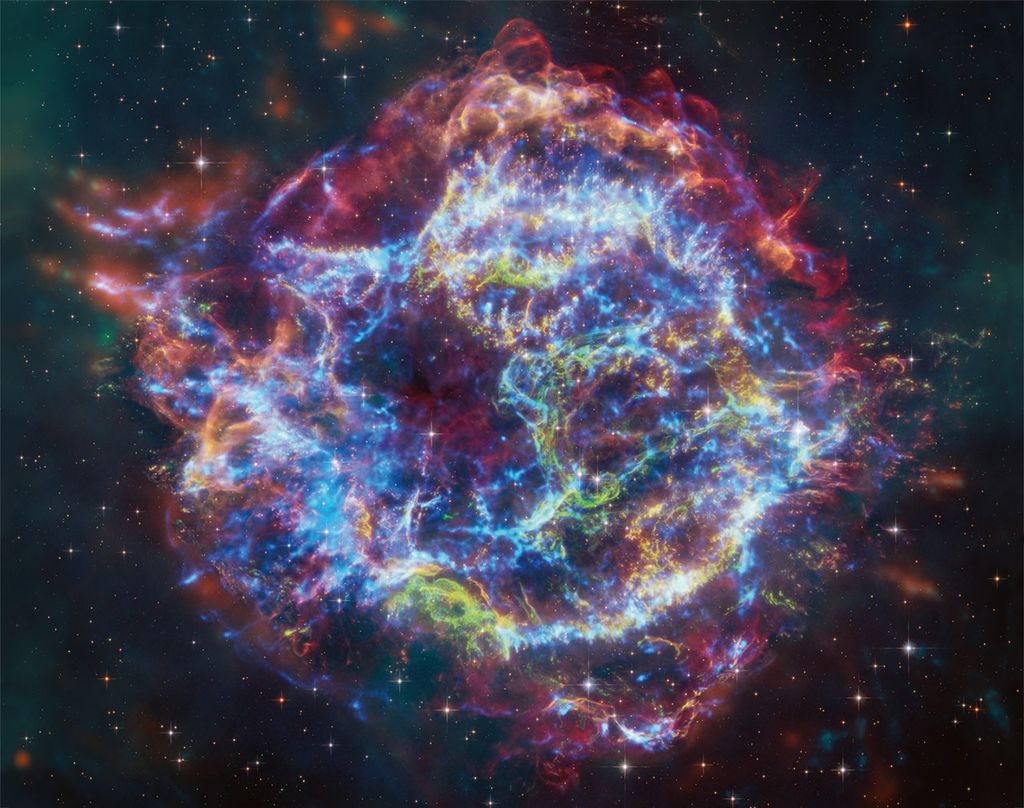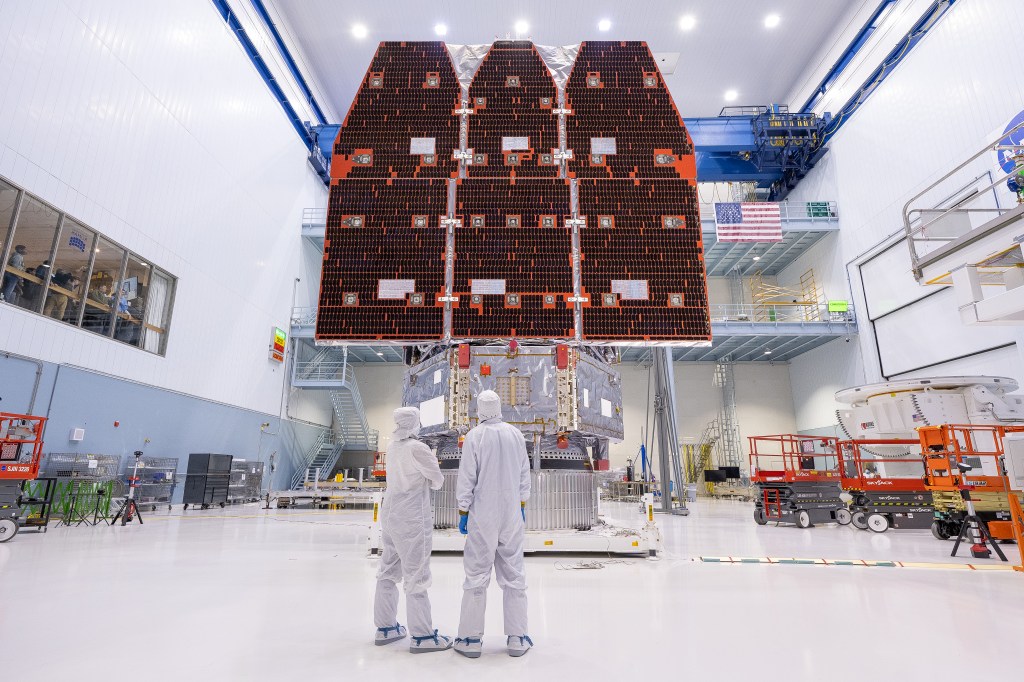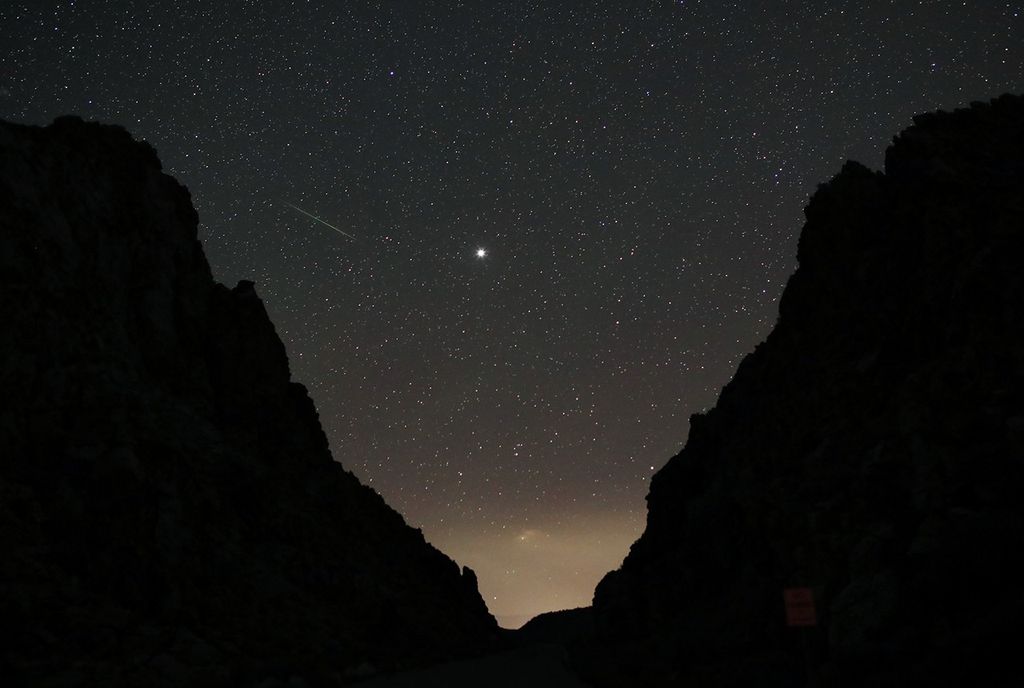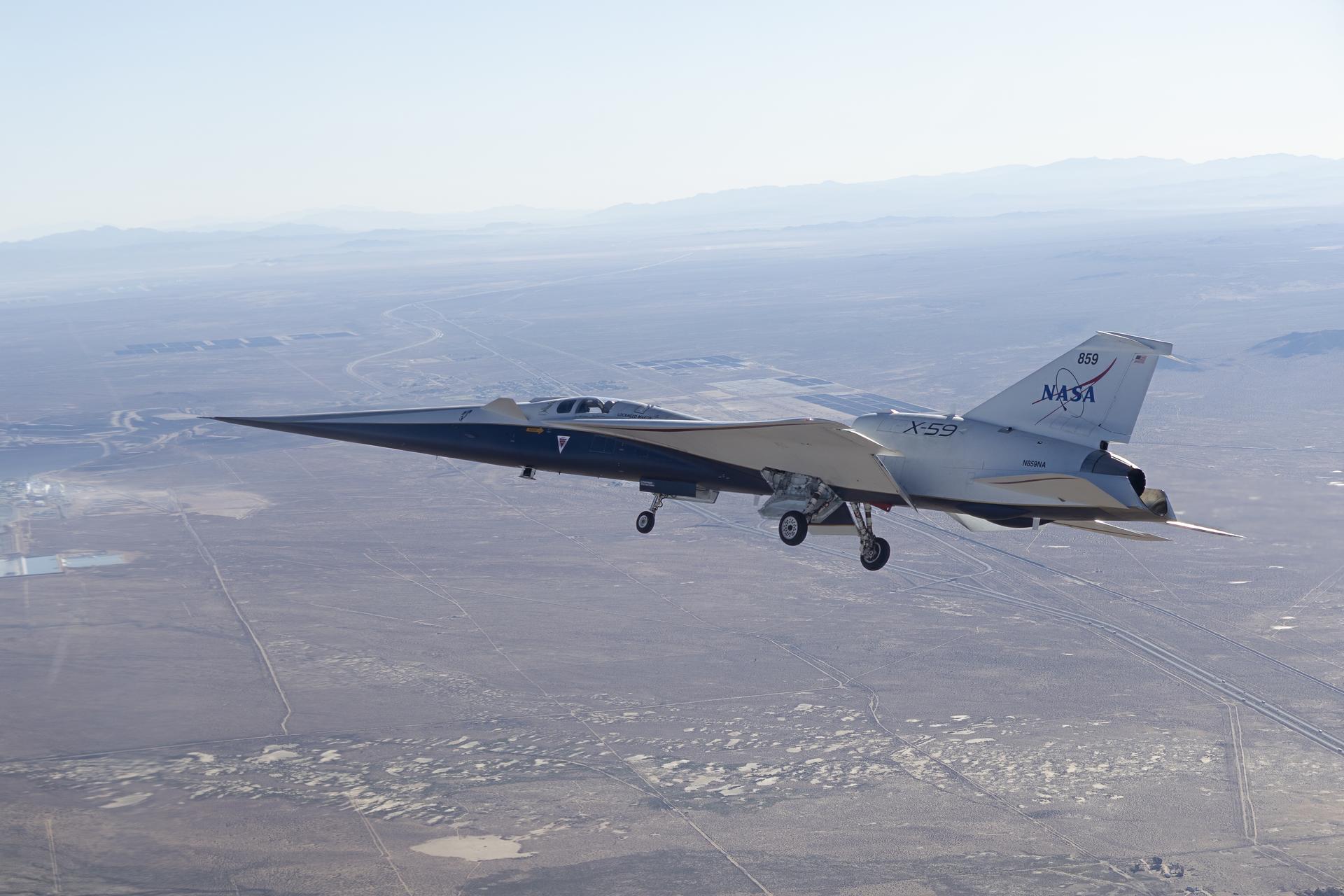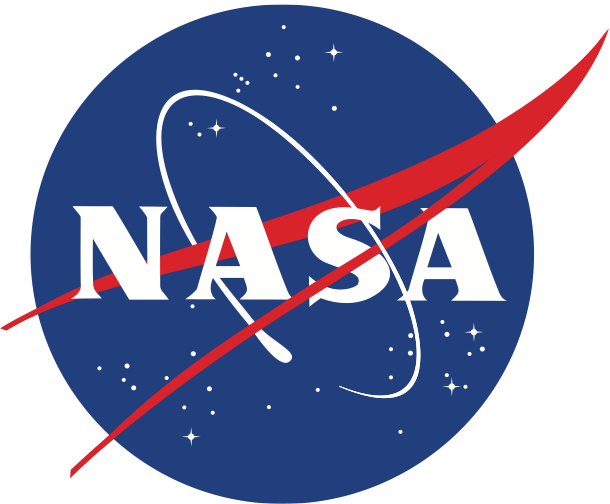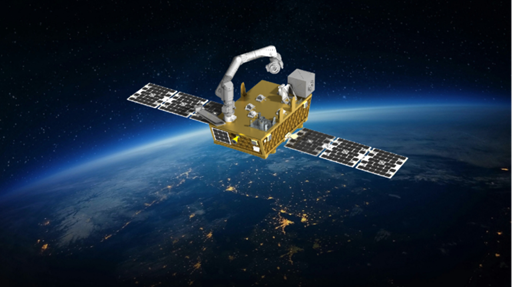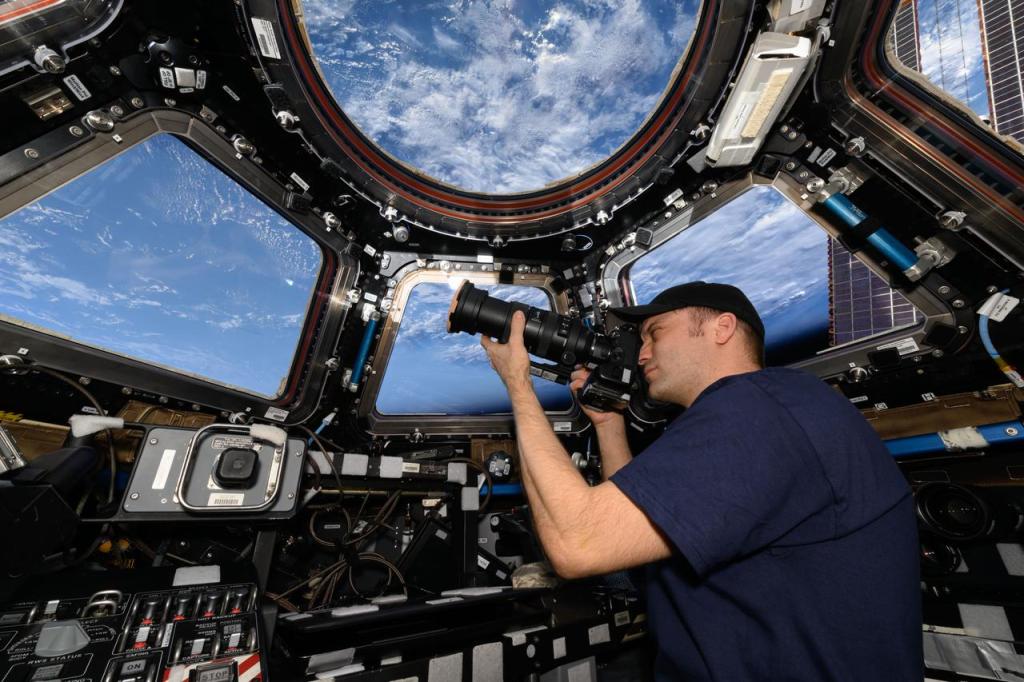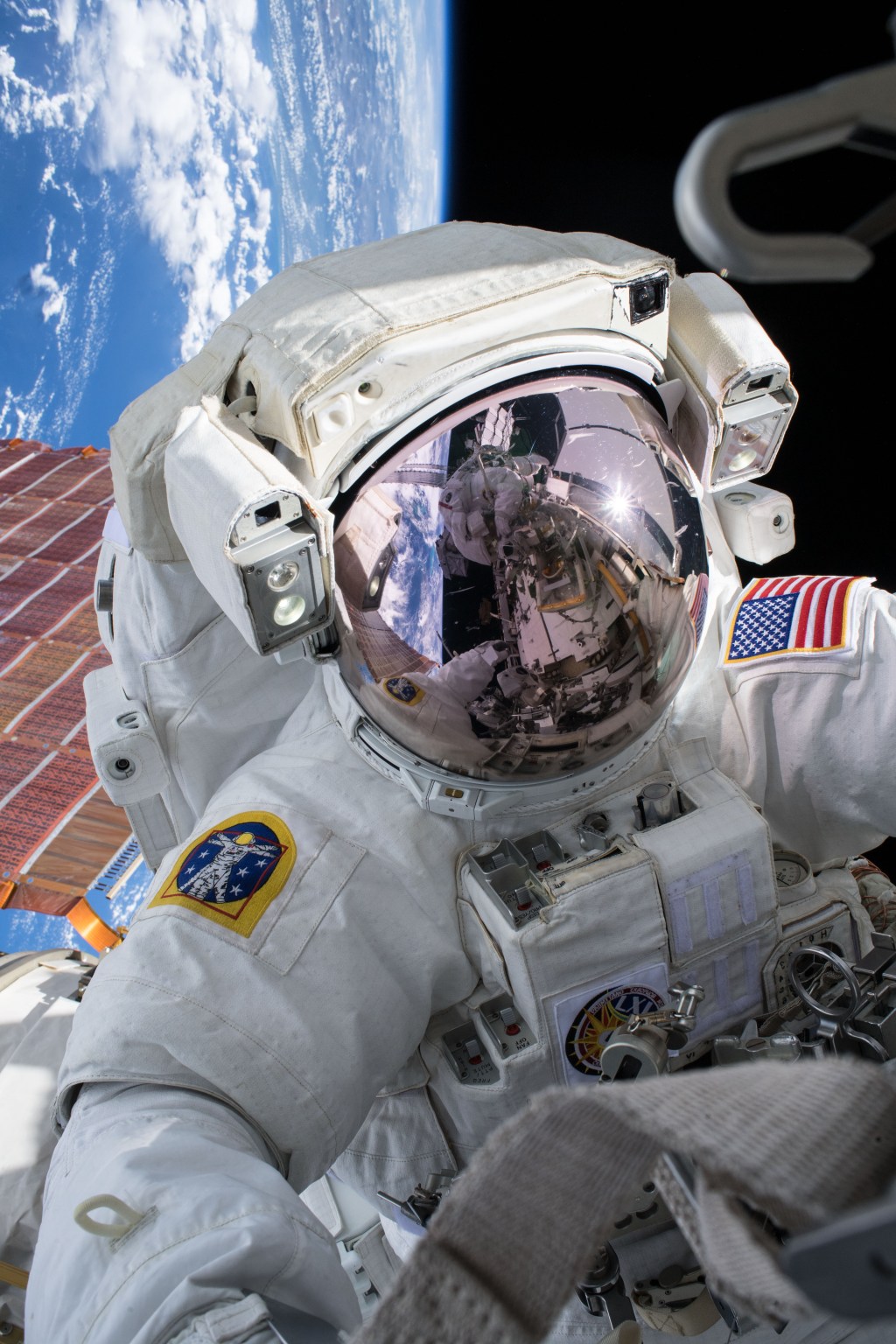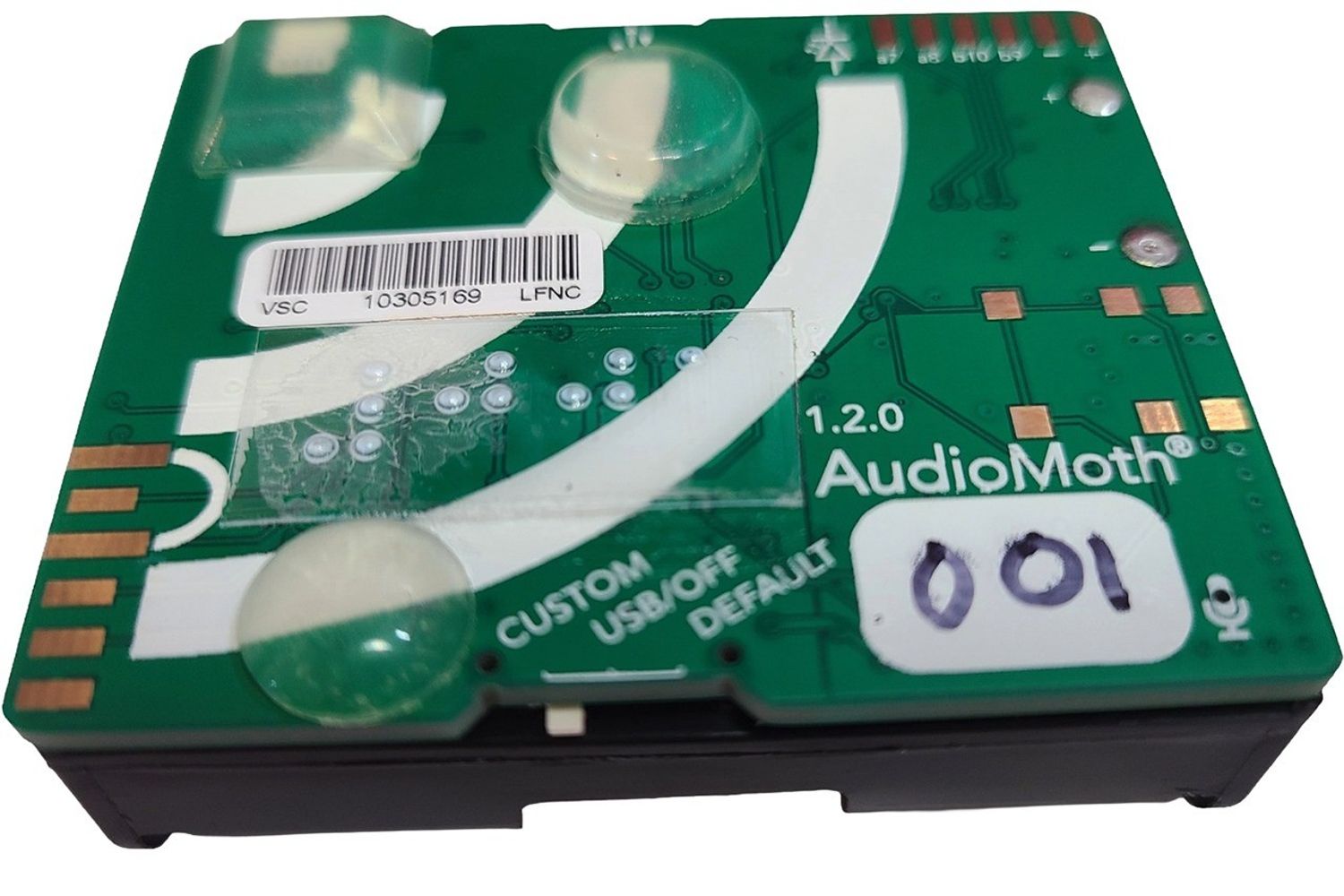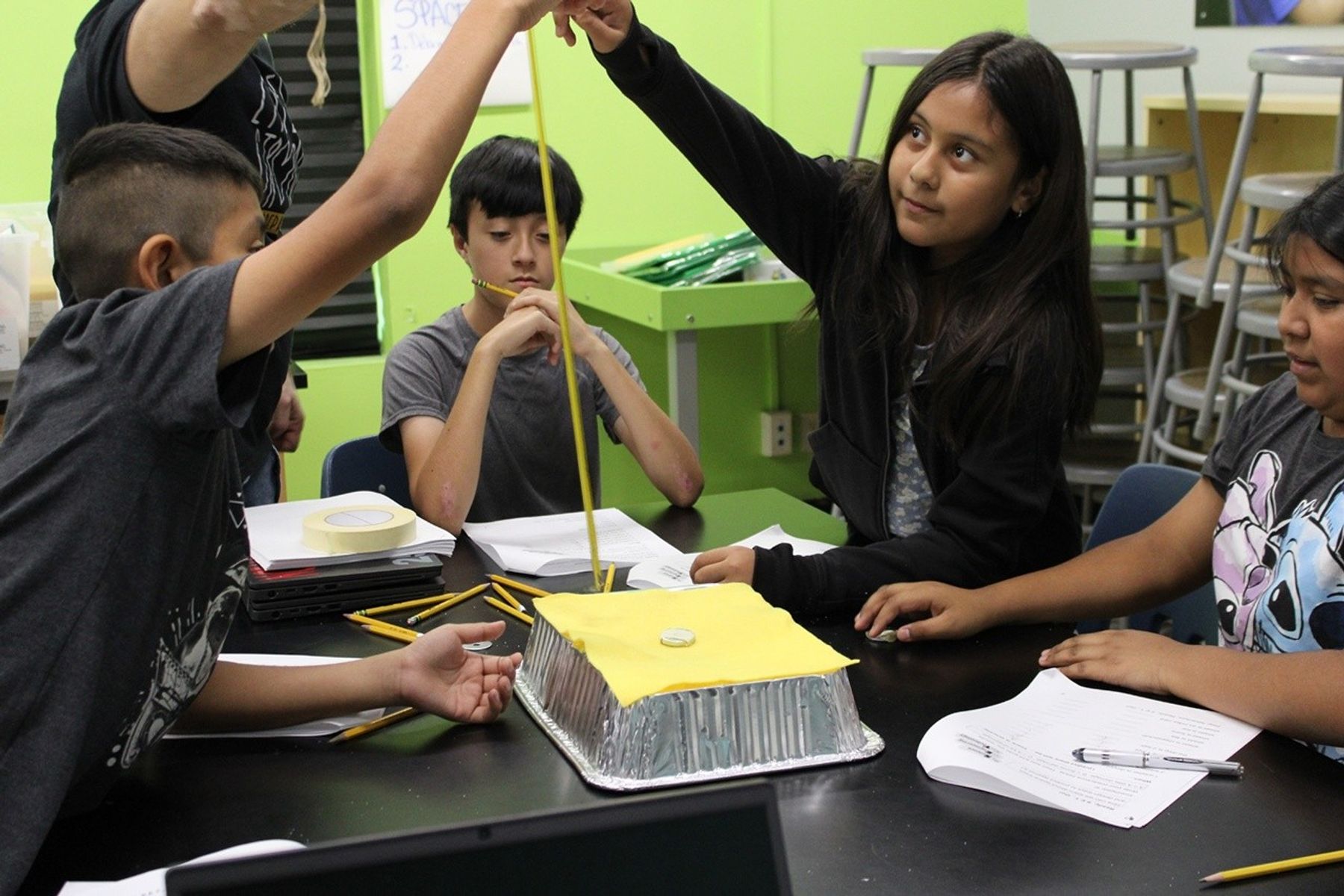Climate Science and Libraries: Oceans of Possibilities!
In July and August, 2022, Maine libraries joined colleagues across the country to celebrate the "Oceans of Possibilities!" summer reading theme, and the NASA-funded Learning Ecosystems Northeast (LENE) team was there to help. LENE partners Maine State Library (MSL) and Gulf of Maine Research Institute (GMRI) offered a suite of marine resources and learning opportunities designed specifically to work in libraries. Created with advice from MSL’s community of youth librarians, the resources include 12 "Gulf of Maine, Explained" videos of GMRI scientists discussing topics from plankton and lobster to eDNA and ocean warming; a professional development session and resources to help librarians engage patrons in a community science investigation on local impacts of sea level rise; an interactive StoryMap that paints the picture of the Gulf of Maine’s rapid warming; and posters and recipe cards adapted from GMRI’s Responsibly Harvested seafood program. At least 28 libraries shared these resources with their local communities and many participating librarians are now planning to join Learning Ecosystems Northeast to collaborate with other educators to create climate and data rich experiences for youth.
“Maine’s libraries are at the heart of their communities and are keenly aware of issues that matter to them,” said Marijke Visser, Director of Library Development at the Maine State Library. “Libraries across the state told us that climate change and sustainability are a top concern in our annual survey. We know library staff want to have resources on hand to share with their patrons and that they want to know where they can go for more information when they need it. Our collaboration with LENE is helping to build the capacity of ME’s libraries to be the go-to place in their communities to learn more about climate issues that impact all of us regardless of where we reside in Maine.”
Learn more about the summer oceans collaboration: https://gmri.org/projects/oceans-of-possibilities/
The Learning Ecosystems Northeast project is supported by NASA under cooperative agreement award number NNX16AB94A and is part of NASA's Science Activation Portfolio. Learn more about Learning Ecosystems Northeast: https://www.learningecosystemsnortheast.org/
